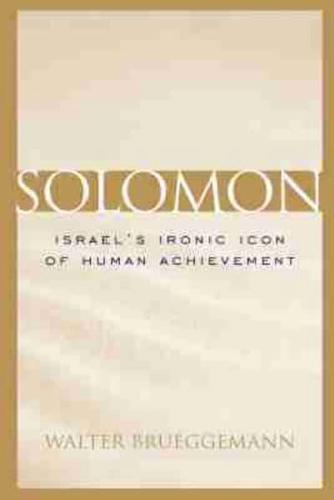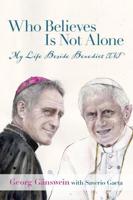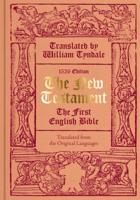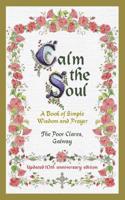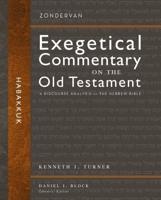Publisher's Synopsis
In this study of Solomon and his place in the larger consciousness of Israel, Walter Brueggemann considers what Old Testament narratives regarding David's heir reveal about the aspirations and ideals of the ancient Israelite people. On the supposition that figures of legend and lore disclose much about the societies celebrating them, Brueggemann examines assertions about Solomon, a man praised for his wealth, wisdom, and power and depicted as an example of enormous human achievement. Looking beneath the surface of these claims, however, Brueggemann notes that an irony permeates the tradition and invites critique of accepted beliefs. Through close attention to nuances of the biblical text, he exposes the competing interpretive voices that claim to offer a reliable rendering of Solomon. Brueggemann shows how the tradition of Solomon becomes an arena for interpretive contestation in Israel and suggests that the text makes available not historical reportage but a conflicted pluralistic attempt to sort out the reality of human power in the matrix of covenantal faith. Beyond the primary narrative of 1 Kings 3-11, Brueggemann evaluates the derivative traditions of Solomon in Ecclesiastes, the Song of Solomon, the Wisdom of Solomon, and some of the Psalms. He also considers references to Solomon in the New Testament and in extrascriptural traditions connected with and attributed to him.
